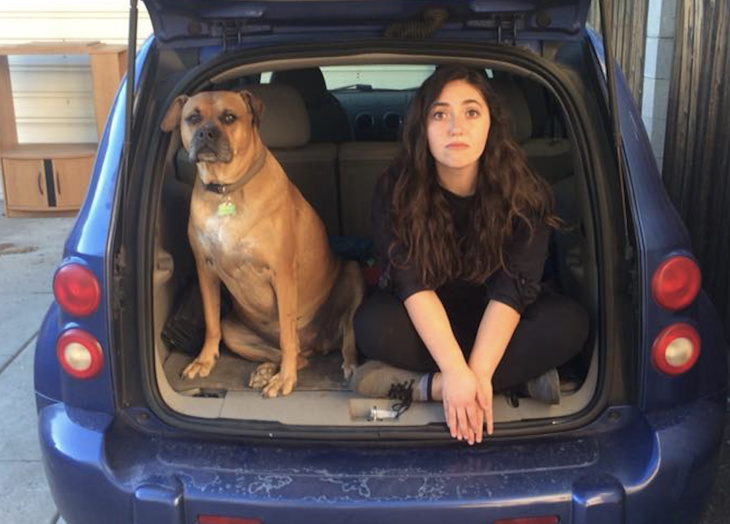
Over the next year, we’re hoping to hear your stories about how race and ethnicity shape your life and, hopefully, publish as many of these stories as we can, so that we can all keep on talking. We’re calling this effort Race in LA. Click here for more information and details on how to participate.
By Zoe Rodriguez
My mom used to call me a “mutt.” Like a dog.
She didn’t mean it to be demeaning. She just meant to say that I was mixed. She even called herself a “mutt.”
But the difference between me and my mom is that my mom is mixed European. She’s Scottish, French and German.
By extension, I’m all of those things too, but I’m also half Mexican.
Now, I know someone reading this is going to furrow their brow and look back at my picture in confusion. I would like to then direct this reader to my byline, which clearly spells out my last name, Rodriguez — or, in other words, the only visual proof I have of my ethnicity besides my eyebrows.
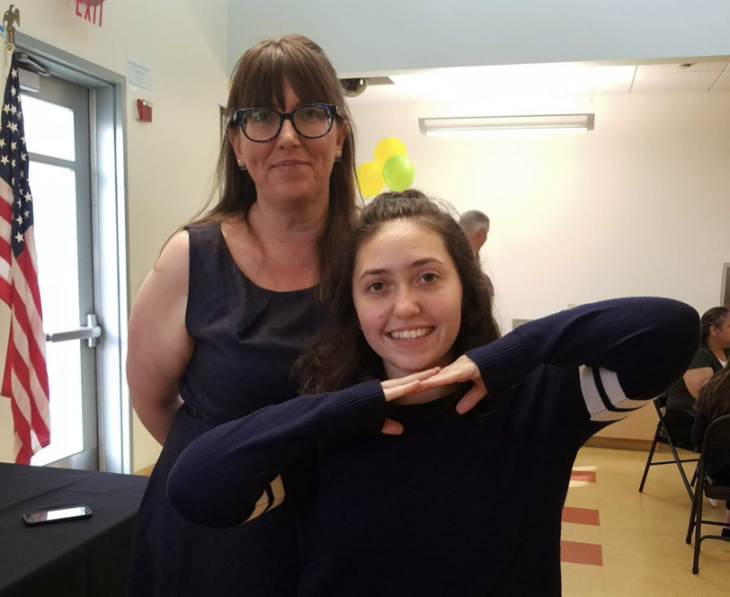
But back to my mom.
Like I said, she meant no harm by calling me a “mutt.” She would say it in the off-handed way we discussed any aspect of our ethnic or cultural identity — it just wasn’t important. Both sides of my family have been here for generations. We are American. (Or at least, as American as anyone of non-Indigenous descent can claim to be.)
I remember being eight or nine and being assigned one of those generic “Introduce us to your culture!” projects. I dreaded it because I didn’t think I had anything unique to bring in.
I knew that at least three of my classmates would bring in something for Mexico, and the overachieving student in me refused to turn in something that other people were doing. So I went to ask my mom about it, and she offered up Scotland.
I think that was the first time she used the word. Mutt, I mean.
As we baked a batch of shortbread cookies for my class, she explained to me that she was a mix of a bunch of different cultures. It was why she never felt particularly drawn to any one of them. Why we never celebrated extra holidays or had culturally significant clothes.
At the time, this made sense to me. I even embraced it. If asked about my identity, I would respond and say that I was “a mutt.”
This descriptor didn’t begin to unsettle me until much later. Truthfully, I just didn’t think about it all that much. I was privileged in that I was never forced to examine my identity beyond jokingly assuring people that “No, really, I am half Mexican.”
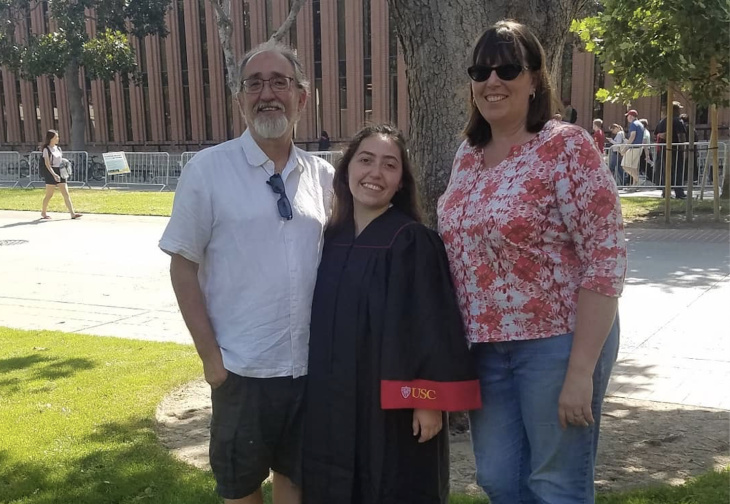
At least, I wasn’t until 2015, when a certain presidential candidate was running on a platform that imagined my father’s community, and therefore mine, as not only undeserving but actively dangerous.
Suddenly, I was made aware that being Mexican meant something different than being Scottish or German or French.
On the surface level, these should all be the same. They are each a slice of the pie chart of my identity. Take out society, and this model works. That’s how my mom always pictured it. But she never really understood that no one can simply remove the societal connotation of who or what or where they come from.
Because in reality, there is no way to escape the hateful rhetoric that condemns Mexicans as worthless. There is no way to ignore the fact that Latinx people(s) make up 18 percent of the total U.S. population, and yet remain underrepresented in elite academia — a fact that I certainly grapple with now as a Latinx student at USC.
And sitting here now, in 2020, there is certainly no way to reckon with the fact that Latinx people are 1.7 times more likely to test positive for COVID-19, 4.1 times more likely to be hospitalized, and 2.8 times more likely to die from it than their white counterparts, according to federal statistics.
As for higher education, one of the few opportunities that has been shown to be a socioeconomic equalizer, students of mixed European descent are not an underrepresented group on college campuses. But Latinx students are.
Even my Mexican American grandparents knew this.
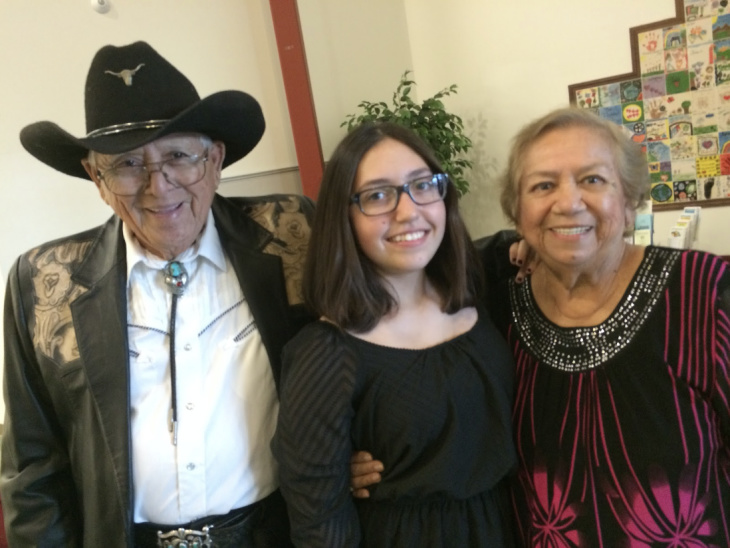
They were both born and raised in the United States, but grew up poor following the Great Depression and received no more than an elementary school education. My grandmother later learned to drive at age 40 just to take my dad to private schools so that he could get the education they were denied.
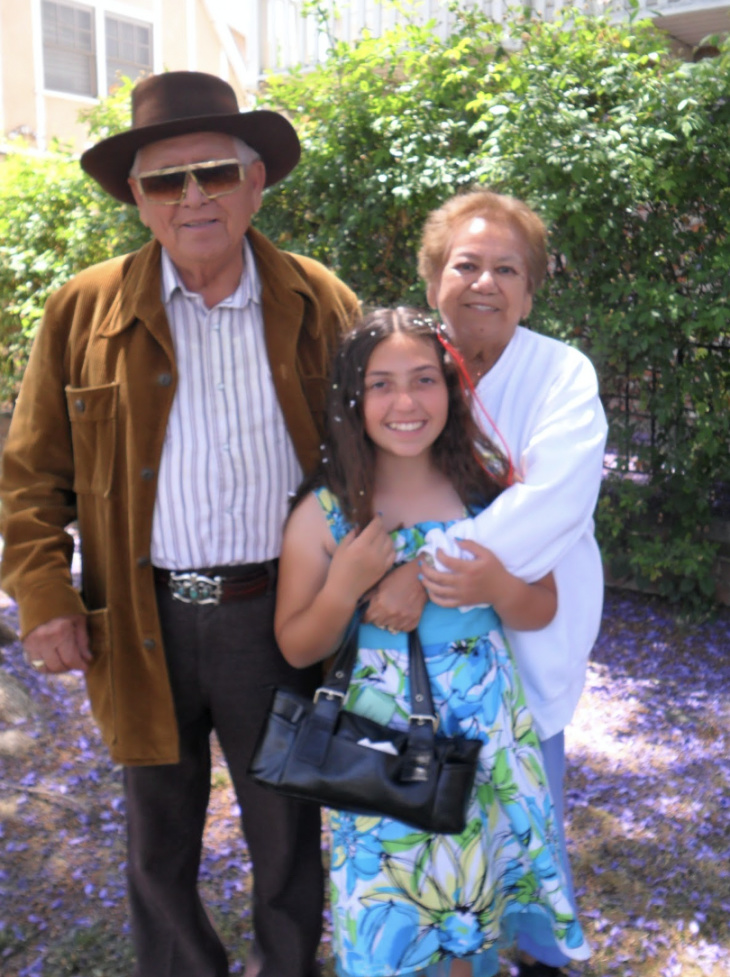
Through their hard work and relentless determination, they gave my dad better opportunities, and in turn have allowed my older brother and I to have opportunities in life they only dreamed of.
To say that I am simply “white” is to say that their sacrifice, their achievement of the American Dream, is lost forever because their descendants happen to look a little different than them.
I may never have a good answer to the dreaded “What are you” question. But one thing I know is that I am not a “mutt.”
I am not some designer dog breed that was genetically crafted to, as a friend once said, “be the perfect balance of ‘non-threatening white girl’ and ‘able to check the Hispanic/Latino/a box.'” I am white. I am Latina. I am mixed.
What exactly that means to me depends on the day. But I don’t know who I would be if I never had to figure it out. And honestly, I wouldn’t want to.
A version of this essay appeared in 2019 in The Mirror, a student publication of Van Nuys High School.
A #MOMFAIL LEARNING EXPERIENCE
By Angel Zobel-Rodriguez (Mom)
Ouch.
When I first read my daughter’s article, I realized how something I thought was a weak attempt to explain my own ancestry had hurt her. That was never my intention.
And as soon as I read her piece, I stopped using the word “mutt” and we’ve shared many conversations, because identity is complicated.
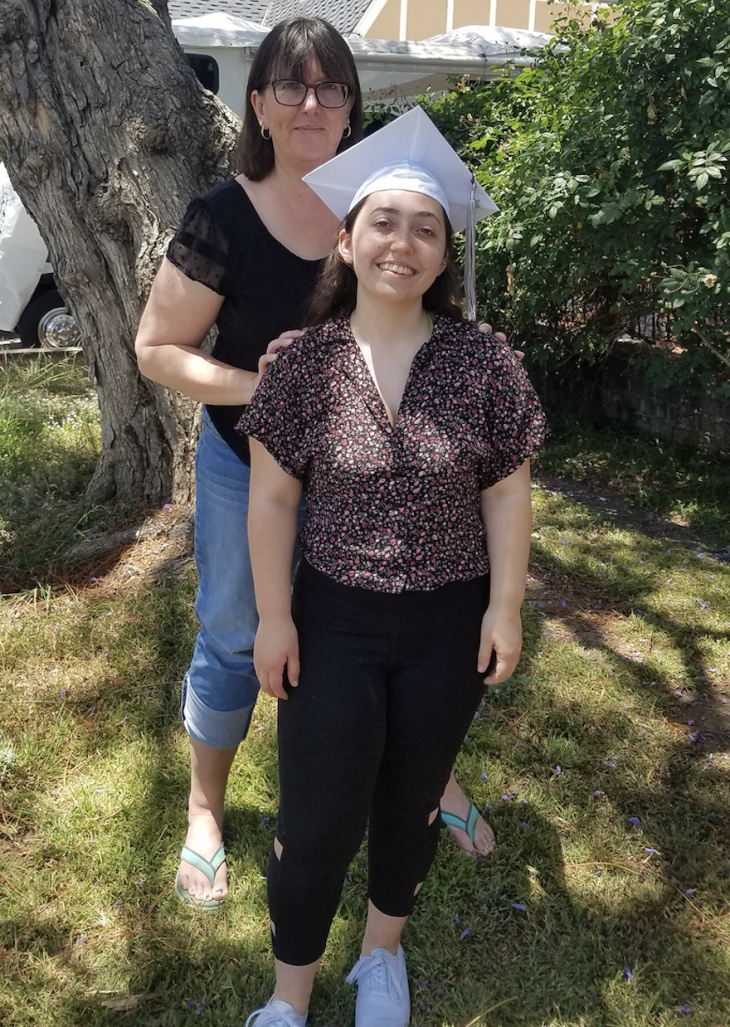
I personally don’t identify with a particular ethnicity, given that most of my relatives with ties to other countries had passed away long before I was born. I don’t even remember where I first heard reference to multiple European ancestries as being a “Heinz 57 mutt.”
Being a “mutt” sounded better than trying to explain being part German, with relatives that were in the U.S. far before WWII. Or being part Scottish, since it’s not like people gush over Scottish cuisine.
MORE FROM OUR RACE IN LA SERIES
We chose to live in a heavily Latinx community close to my in-laws, and my daughter has benefited from LAUSD’s diversity in the magnet program with schools that resemble the United Nations. Many of her fellow students were of two or more races or ethnicities.
It’s magnet desegregation that requires the checking of a single box for ethnicity and creates the most-asked questions I see on my magnet advice blog.
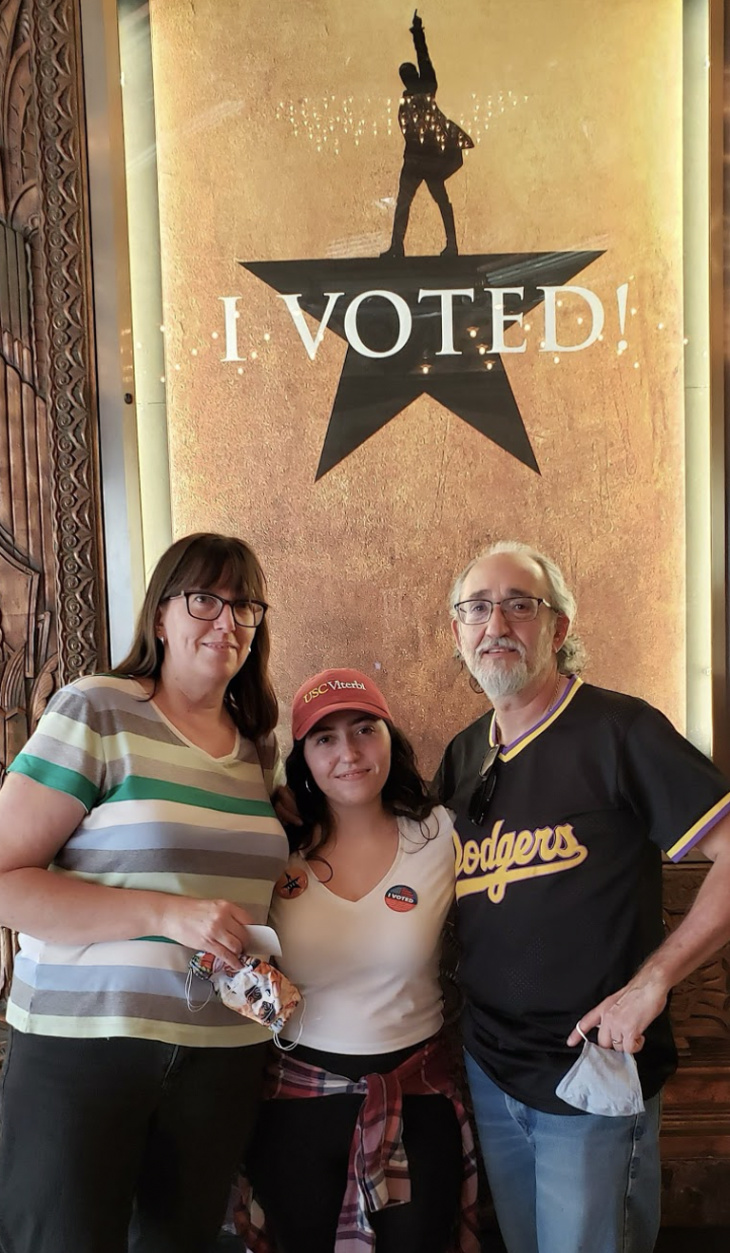
It conjured a sense of pride for me that both my kids insisted on staying “Hispanic” on those applications once they were old enough to have those conversations, rather than flipping to the “white” identity that their magnet school needed more applicants of in order to meet its student ratio.
We had the understanding at home that they were more than a one-box identity, but for the court-ordered LAUSD integration program, they opted for the “Hispanic” box.
I know that some ethnicities have a word for mixed ancestry (like the Hawaiian word, hapa). For now, when referring to my daughter, I use “mixed.”
Almost two years after she first wrote her story, my daughter is at a private university where she has to navigate another level of identity as she represents her voice, but not necessarily the voice of an entire community.
I hope that she sees her experience of growing up with mixed ethnicity is just as valid as any other experience, that her opinions are always valid as opinions, and that identity, like so many things, may always be complicated.
And I will be aware that even in jest, anything I say can feel very different to those I love.
ABOUT THE AUTHORS:
Zoe Rodriguez graduated from Van Nuys High School in 2019. She is now a second year engineering student at the University of Southern California.
Angel Zobel-Rodriguez grew up in Ventura County, but truly considers the city of San Fernando her home. She lives with her husband Mario and, thanks to the pandemic forcing college students to go home, her daughter Zoe and her dog, Treble. Angel serves on the San Fernando Education Commission and runs the “Ask a Magnet Yenta” blog to help families navigate the magnet system in LAUSD.
